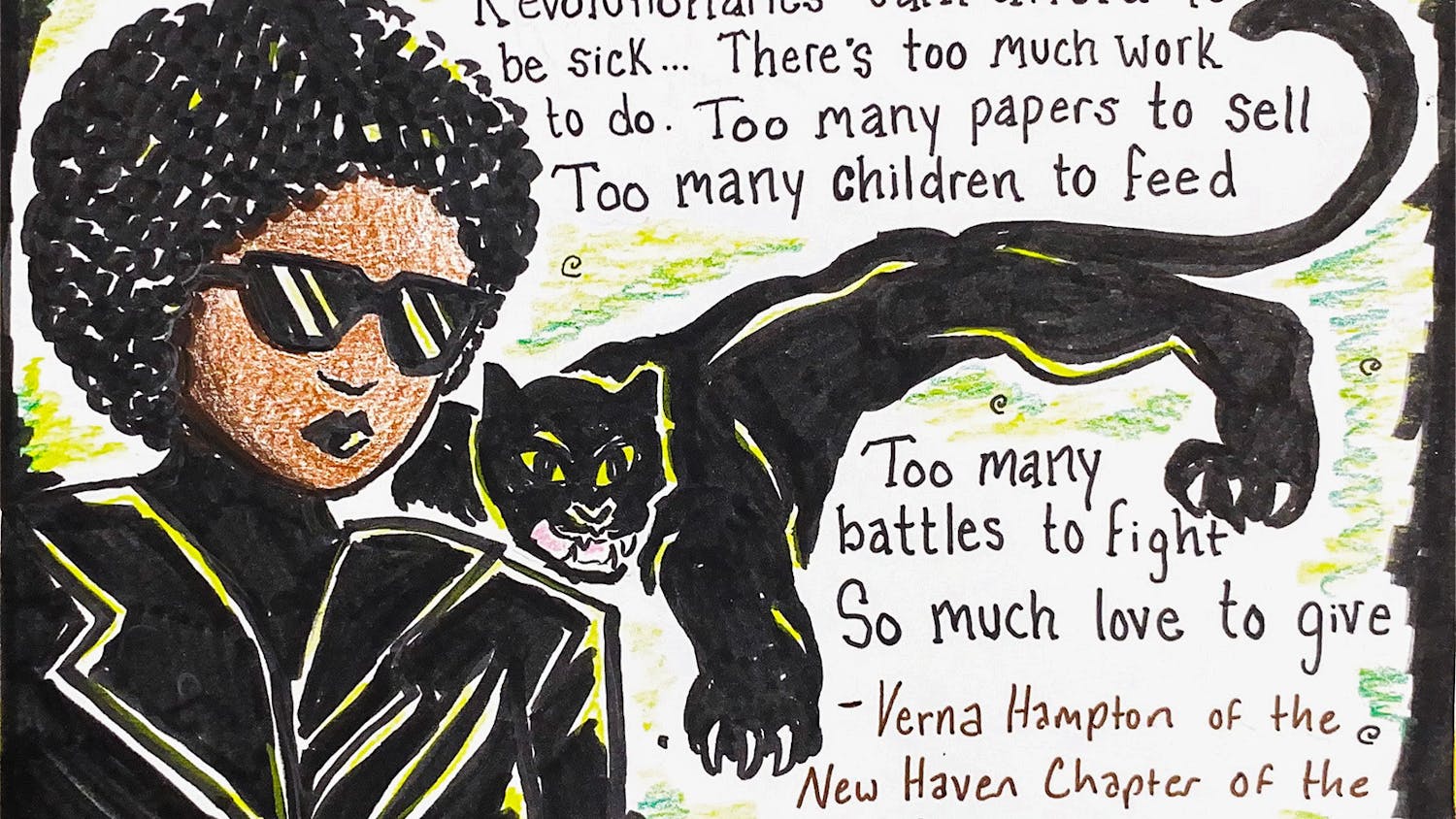The team of researchers with the Medical Cannabis Research Fund (MCRF) at the University of New Mexico have continued their grassroots effort despite federal pushback, lack of funding and the coronavirus pandemic.
The team is made up of a variety of professors from different departments and backgrounds at UNM. Jacob Vigil, a professor of psychology, is the group’s director and started it alongside Sarah Stith, an assistant professor of economics and an investigator for the MCRF.
Research has proven difficult due to the federal restrictions on controlled substances making it harder to publish findings, Vigil and Stith said. Additionally, physical research has been postponed due to the pandemic, but the team is still doing online research and remote assessments.
The program is limited to observational study techniques, meaning the team can only observe individuals who are already using medical cannabis in their daily lives. Cannabis is a Schedule I drug under federal law, which limits approved studies to federally supplied cannabis that contains levels of THC that are substantially lower than what most medical marijuana patients use.
Still, Stith said they have been able to make some strides in cannabis research, specifically detailing the effects of THC and CBD, which are the two main chemical components of cannabis, according to Healthline.
“THC leads to a more intense experience so you get more symptom relief but you also get more side effects,” Stith said. “The CBD moderates that effect so you may get fewer therapeutic benefits, but you also get fewer negative side effects.”
In their research, Stith and Vigil also refrained from differentiating between medical and recreational cannabis use, as they believe any use of cannabis can be considered medical.
“If people are using it to calm their nerves, or to not yell at their kids or their wife, or to sleep, or to reduce a little bit of an ache in their back, that's all medicinal,” Vigil said.
Before the pandemic, the team had been physically studying the potential effects medical cannabis use can have on how individuals interact with each other, and if it can help to create a more inclusive community.
“One of my personal pursuits seems to be the effects of cannabis on how we think about ourselves as social beings, and of other people,” Vigil said. “I believe that it has a direct effect on our pro-sociality, so basically how we feel about communities and groups and so forth, in a way that creates a more benign disposition.”
This physical research was stopped halfway through at the candidate selection process due to the pandemic and the University’s closure. They studied nearly 150 healthy undergrad students with varied levels of exposure to medical cannabis.
“Early indications are that the data is going to suggest some really interesting distinctions for those undergraduate students that had THC in their system and those that didn't in terms of reducing aggression towards other folks, and hostility,” Vigil said.
Get content from The Daily Lobo delivered to your inbox
Stith said it will also be important in future research to understand how to regulate the different levels of THC in cannabis. These differences can result from varying growing conditions, and are even harder to keep consistent across multiple strains. This can lead to some frustration when patients try to find a consistent dose of THC to manage their condition.
“This inability to standardize the medication is really a challenge for cannabis patients, because you find something that works for your condition, but how do you get that same product again?” Stith said. “I think that's really going to be the future research … which types of people benefit from which types of cannabis.”
Currently, the team cannot apply for federal research grants, since cannabis is illegal federally, and have only received limited grants from the University. This motivated Vigil to set up the MCRF, which provides almost all of their funding.
“Our little fund that we started is basically a grassroots effort to directly serve our community by folks that grew up here and care about the community and don't (care) about our scientific egos and our reputations or anything like that,” Vigil said. “I truly devoted my life to serving you and everybody else around us.”
Madeline Pukite is a beat reporter at the Daily Lobo. She can be contacted at news@dailylobo.com or on Twitter @madelinepukite






